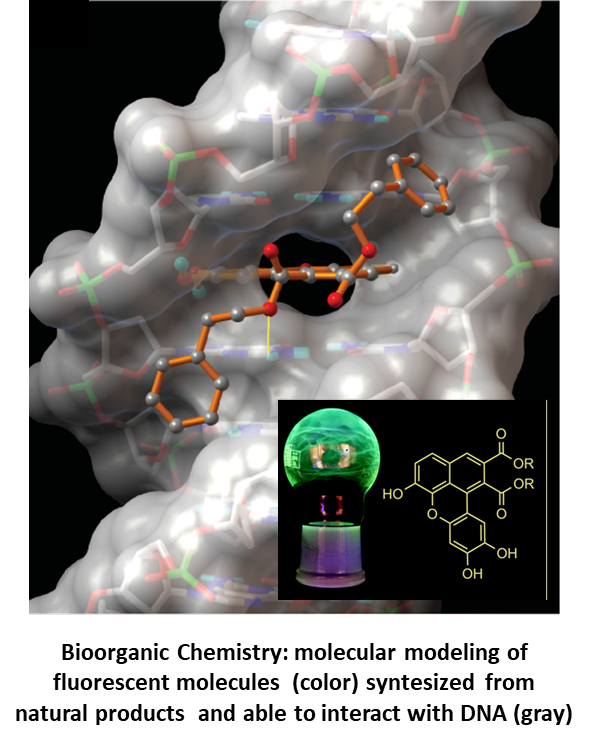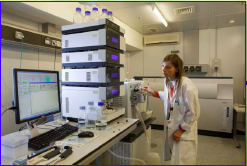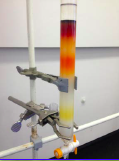Course Overview
The Master’s Degree Course in Organic and Bioorganic Chemistry aims at a broad and flexible training centered on organic chemistry, which looks closely at Life Sciences. The central discipline is seen as an interface with several other disciplines and the master graduate must have aptitude for problem solving, extensive practical laboratory experience, knowledge of advanced analytical methods such as MS or NMR spectrometry; the graduate should also be able to design and carry out the synthesis of molecules with predefined properties.
 The course is also geared to providing the master graduate with those non-technical skills that companies nowadays define as 'soft skills'. The basis for this training capability lies in the intense and varied research activity that is carried out by the board members the Course, often in collaboration with national and foreign research institutes.
The course is also geared to providing the master graduate with those non-technical skills that companies nowadays define as 'soft skills'. The basis for this training capability lies in the intense and varied research activity that is carried out by the board members the Course, often in collaboration with national and foreign research institutes.
The Master lasts two years. In addition to 11 basic courses (72 CFU), 2 CFUs are dedicated to other training activities useful for the Chemist's profession. The student can also 'personalize' his / her training path by using 12 CFUs for optional courses (chosen by the student) and especially 34 CFUs for conducting the Master's Experimental Thesis, which is one of the strengths of the Master in Organic and Bioorganic Chemistry: at the end of his studies the student faces a training course of several months in which he conducts experimental activity with the constant guidance of a tutor. Often this activity is carried out in collaboration with other laboratories or research institutes or with Industries and Companies in the area.


Questionnaires compiled by students and ‘Almalaurea’ data show for this Master very high percentage (92-100%) of positive feedback on overall satisfaction. The solid and versatile training of the Master has enabled a satisfactory employment rate of 3 to 5 years after graduation despite the serious employment crisis in recent years.